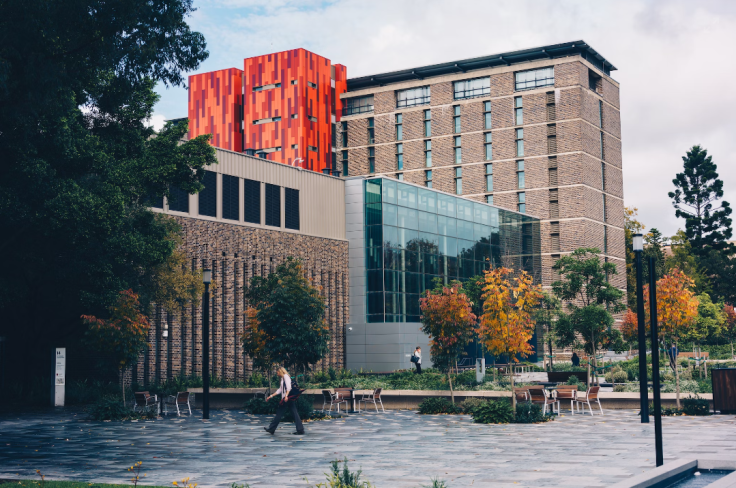Bitter partisan divides have been deepening across the United States in recent years, and their impact is palpable on college campuses.
This trend is not limited to public institutions; private colleges are increasingly finding themselves in the crosshairs of political polarization. This article explores the challenges private colleges face, the responses they are adopting, and the broader implications for higher education.

Political Perceptions of Higher Education
A stark divide in perceptions of higher education has emerged between Democrats and Republicans. According to a 2022 poll by think tank New America, 73% of Democrats believe colleges are leading America in a positive direction, while only 37% of Republicans share this view. This disparity reflects a broader societal trend where political affiliation shapes perspectives on crucial institutions, including higher education.
Legislative Challenges and Trends
In recent years, state lawmakers have proposed legislation that targets higher education, with a particular focus on public colleges. These efforts range from attempts to eliminate tenure protections to controlling curriculum and dismantling Diversity, Equity, and Inclusion (DEI) offices.
What was once perceived as primarily affecting public institutions is now encroaching on private colleges, as highlighted during The Council of Independent Colleges' Presidents Institute. Leaders from private nonprofits voiced concerns about increasing pressure from federal lawmakers, donors, and external constituencies.
Pressure on Private Institutions
During a panel discussion at the Presidents Institute, leaders from private nonprofits expressed surprise at the increasing influence of politics on their sector. Previously seen as less susceptible to external pressures, private colleges are now facing challenges akin to those affecting their public counterparts.
The call for resignations of top officials at prestigious universities, including MIT, Harvard, and the University of Pennsylvania, indicates the extent to which external constituencies, including lawmakers and alumni, are impacting private institutions.
Alumni and External Constituencies
The influence of external constituencies on private colleges has become evident through incidents such as the calls for resignations at MIT, Harvard, and the University of Pennsylvania. Alumni, parents, and other external stakeholders are exerting pressure on college leadership, often in response to perceived political biases or controversies. The spotlight on diversity and equity initiatives at Harvard further underscores the broader impact of partisan pressures on higher education.
Responses from Private Colleges
Despite the growing partisan divides, panelists at the CIC Presidents Institute noted that they have not observed significant changes in enrollment due to political polarization. Concerns that students from politically divergent backgrounds might be reluctant to attend colleges in states with opposing political leanings have not materialized, according to Stephanie Herseth Sandlin, president of Augustana University. The panelists emphasized their commitment to fostering civil discussions on campus and implementing initiatives to bridge political divides.
Promoting Civil Discourse on Campus
The commitment to civil discourse is evident in various initiatives undertaken by private colleges. Colorado College's Democratic Dialogue Project brings together students from the college and cadets from the U.S. Air Force Academy to discuss contentious issues. The George Fox Civility Project at George Fox University aims to foster respect and understanding among individuals with differing opinions. These initiatives include pledges for respectful conversations and cross-partisan meetings, highlighting the colleges' dedication to creating inclusive environments.
As bitter partisan divides continue to shape the American landscape, private colleges find themselves navigating uncharted waters. The increasing influence of politics on higher education, once perceived as less impactful on private institutions, is now undeniable. The response from these colleges emphasizes a commitment to fostering civil discourse and addressing the challenges posed by political polarization. As higher education grapples with external pressures, the resilience of these institutions in preserving their core values will play a crucial role in shaping the future of academia.
© 2026 University Herald, All rights reserved. Do not reproduce without permission.








